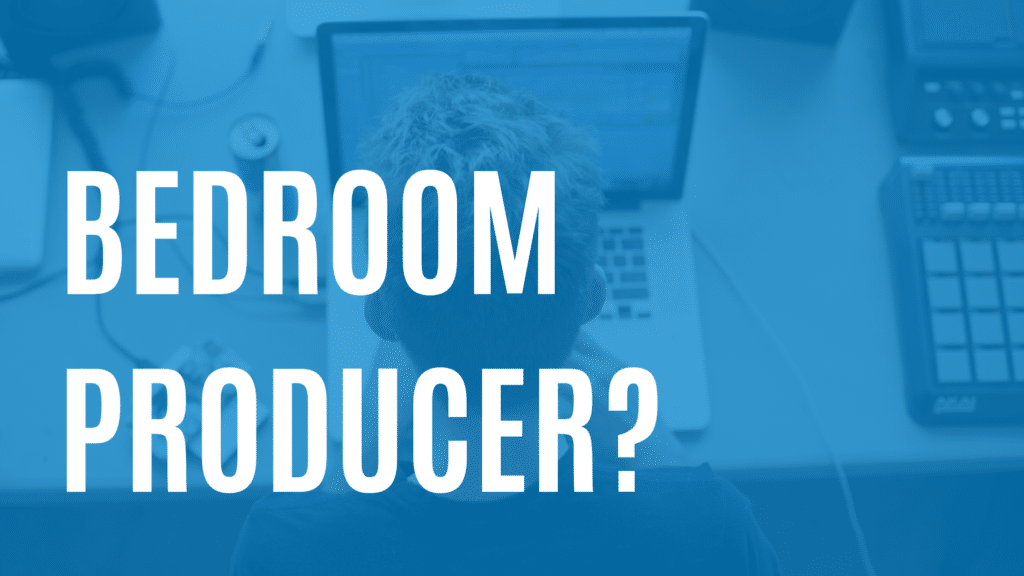‘Bedroom producer’.
You might have heard that term before.
Maybe a grumpy audio engineer threw the term at you once.
But who are they, and what makes them different from a ‘normal producer’?
In today’s article, we look at the role of a bedroom producer in 2020, where music technology is cheap, accessible and simple to use.
Let’s go.
A Brief History on Music Producers
Traditionally, a music producer was someone who worked alongside musicians, bands and singers to take their song from an idea to a final product.
They would be a sort of creative director for the artist and help them achieve their vision for the song.
Contrary to popular belief, they didn’t write the actual song itself.
This process typically involved working with a record label (who often employed the producer) and they would delegate the work on the record to the band, to mixing and mastering engineers, and provided input at every stage.
They often were hands-on with the equipment, arranging, adding and taking instruments away and even helped in the recording process. They could make creative decisions for the song, but generally, the artist still had the core idea for the song.
However, the role of the producer began to decentralize when music technology evolved. Digital technology meant you no longer needed the real estate to accommodate large pieces of equipment: mixing consoles, rackmount gear and complex routing solutions.
A lot of the gear became smaller and easily accessible – now it was possible for the general public to get their hands on music-creating equipment.
You could get away with a very basic setup consisting of a sequencer or computer, some microphones, maybe a MIDI keyboard and a sampler, that all fed into a budget mixer.
Even that became obsolete later down the track, with DAWs becoming the popular choice for the studio ‘hub’. Now any studio you walk into will have a computer at the heart of it, running something like Pro Tools or Logic Pro X.
But while all this was changing, a new type of music was growing.
Why Electronic Dance Music Changed Everything
When electronic music (EDM) started becoming popular with the advent of house music in Chicago, among other things, the record-creation process began to change.
No longer did you have to visit a fancy recording studio in order to make music. In fact, you could buy the gear for a fair price and have a makeshift studio in your house – in your bedroom.
This was originally thanks to cheap samplers, analogue synths and track recorders, but later on, MIDI studios and basic sequencers. This worked very well with the ‘democratization’ of music technology.
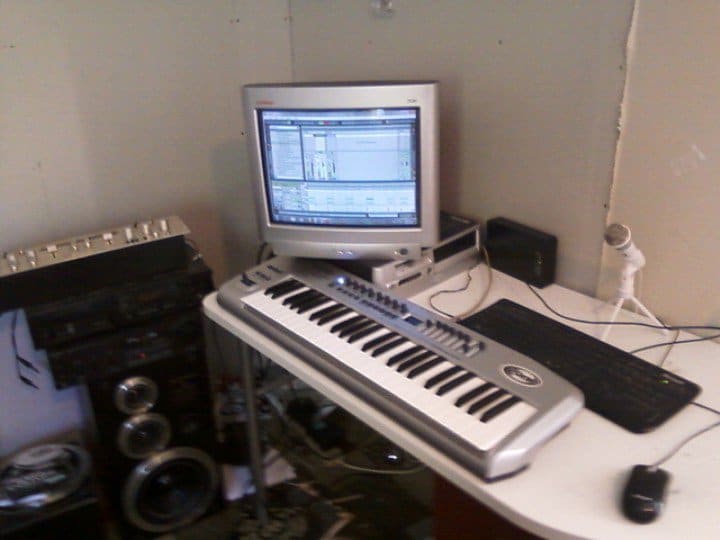
Fast-forward 40 years and electronic/digital production is everywhere, in most pop music and even in many non-electronic genres like Rock, Pop and Hip-Hop.
Pretty much 99% of music is recorded into a computer at some point and processed with some sort of digital effects.
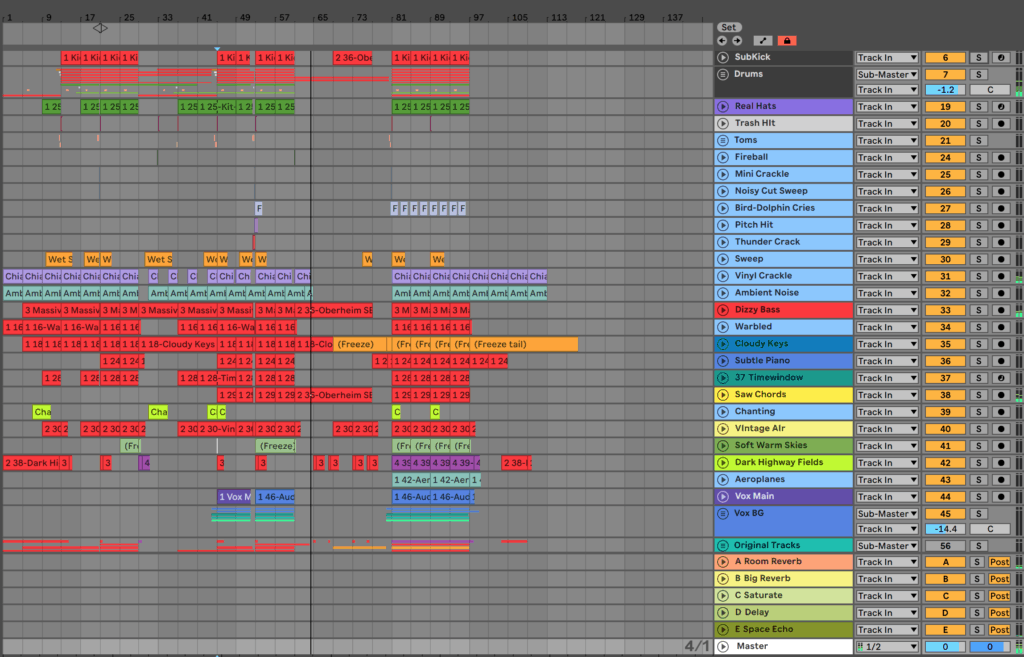
You can easily go grab hundreds of royalty-free samples off free websites or cheap services like Splice Sounds (sponsored).
There are hundreds of free VSTs and plugins and many great paid options that achieve the same results of expensive hardware units for the fraction of the price.
And best of all? The information is free and/or cheap, just a Google or YouTube search away.
This opened up pathways that were not possible or very difficult to do before, and it could be done all from the comfort of your own home.
In fact, this was so revolutionary, that it has changed the idea of a producer altogether.
Changing Times
Bedroom production has become so popular in the last 10-20 years that the term ‘bedroom producer’ itself is dying.
Most people are just calling them producers (because that’s what they are anyway, the landscape has just changed).
It’s the dream of thousands to take their music from the bedroom to the mainstage or to the top of Spotify.
Hence there has been a lot of confusion about what a ‘music producer’ does. Some people think that they just oversee the process, but some think that they make the whole song themselves.

The truth is, there are still both types across the spectrum of music. But with electronic music, in particular, there are a lot of people taking the DIY approach.
Many of the DJs touring the world have less-than-ideal studio setups at home, but the music they create can sell out festivals.
What Makes Someone A Bedroom Producer?
A bedroom producer usually is identified by the following traits:
One-Man Band
Bedroom producers do it all (or most of it all).
From the writing process to mastering, a bedroom producer can have creative agency over every step of the way:
- Songwriting
- Sound design
- Recording
- Arrangement
- Mixing
- Mastering
This is how you can have a lot of quality releases from people who have done it all themselves not having even collaborated with anybody else.
This is a new concept for many traditional producers, as they may have had the knowledge to come up with a core creative idea, but that was normally left to someone else (unless the band self-produced, which was a rarity).
The downside of this phenomenon is that there is a lack of quality control. A new producer can start a project, download a cracked copy of a DAW and start making generic, poorly mixed beats in a matter of minutes.
The other issue is that producers often split their focus too much between different aspects of music – they might get caught up in sound design but neglect songwriting, or focus on mixing but not on sample selection.
But the upside tends to outweigh the negatives. So much creative inspiration has come from producers who have defied the traditional path and have made so much beautiful music we otherwise wouldn’t have discovered.
Recommended: How To Enhance Your Process with the Production Pyramid
Lack of High-End Equipment
You don’t need the best audio interfaces, studio monitors and acoustic treatment anymore – bedroom producers make the most of what they have.
They normally stick to stock plugins or a certain set of third-party plugins. Because in modern times, it all tends to be in-the-box – all software.
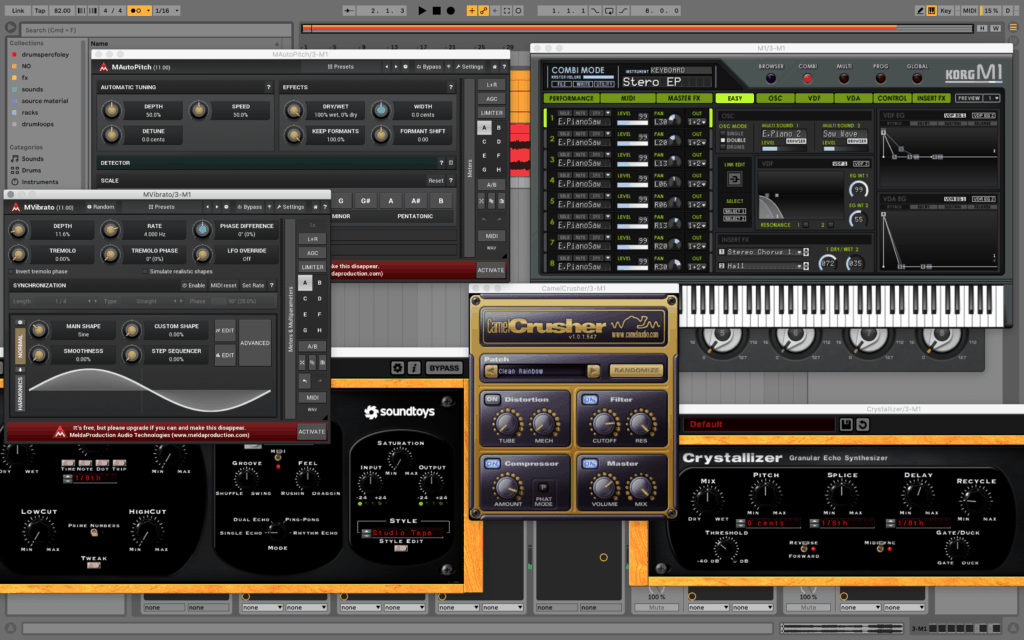
However, bedroom producers make the most of their circumstances. Incredible music can be made with just basic plugins in a DAW. These limitations make producers seek more creative solutions and create new sounds.
In fact, a lot of producers manage to circumvent this shortcoming by embracing it as part of their aesthetic.
This was especially true in the early days with house music, where the production quality didn’t necessarily line up with pop music, but it was part of the gritty quality the fans enjoyed.
This is the same with modern lofi hip-hop, where people long to achieve that aesthetic even with ‘cleaner’ production tools.
Self-Education
A large portion of bedroom music producers hasn’t been to college or music school.
They simply learned from YouTube, blog posts or online courses that have taught them all they need to know and they skip the hefty course fees in the process.
The self-education process also helps with the different hats that producers wear as all-rounders. You can easily teach yourself the parts of whatever skill you need to know in order to achieve the results you want.
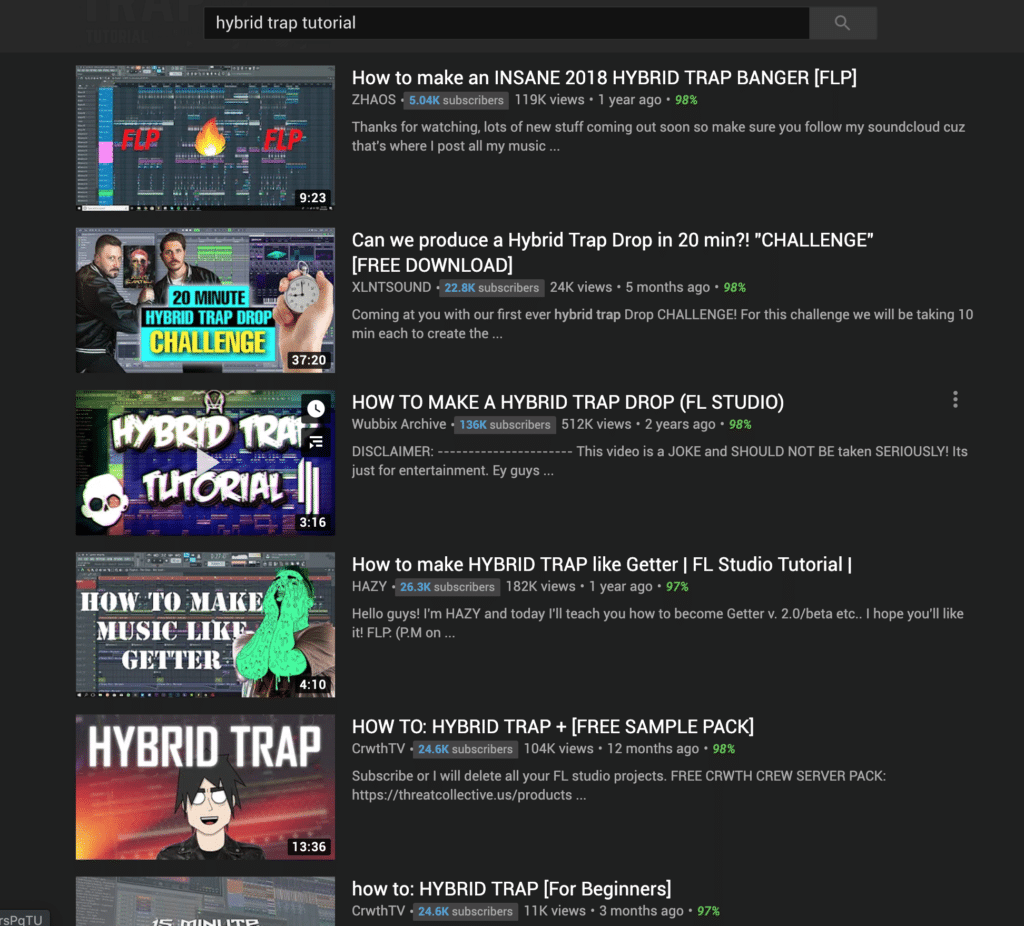
This is part of the reason that so many producers start young – they have access from a very early age, which is something that was just not possible before. And they learn at accelerated rates as they can customize their learning to their own pace.
Even in the last 5-10 years, the knowledge available on sites like YouTube has skyrocketed. Any possible production question can be answered by a 13-year-old producer with a Hypercam demo.
DIY Mentality
Besides the actual production, many bedroom producers who release music are often doing it themselves or working closely (yet non-exclusively) with small, independent labels.

Often times, they are making their own artwork, managing their own social media, managing themselves, booking own shows and everything else.
It’s not until they get big enough to get a management, booking agent and a label that this stuff gets taken care of for them.
Why? Because most bedroom producers aren’t all doing it full-time (yet), and don’t have the resources to invest into paying other professionals to do the work. So they take it onboard themselves because it is necessary to.
How To Start with Bedroom Production
So you want to become a producer? Well, what do you need?
As we’ve discovered, most bedroom producers have started with the bare minimum resources, so don’t listen to anybody telling you that you need ‘x’ plugin or ‘x’ DAW.
There are three things you need, one of which you likely already have:
- A laptop/computer
- A DAW
- Headphones
That’s it.
Now, most of you probably have a computer that is capable of most music production tasks.
Some of you may even already have a great pair of headphones like the Audio Technica ATH-M50x‘s.
Now you have to choose a DAW. A few tips:
- Read our DAWs guide
- Try out all the options that look appealing
- Don’t go with what your favourite artist chose
Where Most Bedroom Producers Get It Wrong
Once producers have a basic setup, they turn to YouTube for learning.
Yet because bedroom producers have all these resources available for free, usually means that they don’t have somebody or something guiding them along, helping them correct mistakes and make good decisions.
YouTube isn’t inherently bad for producers, but there’s no structure to the learning – they run into problems and solve them through a Google search or forum post.
But there’s a way to skip these issues and grow at a way faster rate than most – a structured learning plan.
Something that will teach you the basics first before you get caught up in tips and tricks.
That’s why we made EDM Foundations – our course for new producers. We’ve had over 2000 producers take this course with incredible results, so why not you?

